Translations—CPCP Update 3
New Civic Practice Case Studies
A few years ago I started writing at HowlRound about my ideas for Civic Theatre, which turned into my ideas for Civic Practice, which turned into the Center for Performance and Civic Practice (CPCP). Which is now a busy space (not a physical space, but a space nonetheless) where collaborators and I are working on a variety of projects. Here is the latest update. Find the rest of the series here.
How do we clearly, succinctly tell the stories of arts-based and process-based work in communities? How do we make visible practices of cross-sector partnership in ways that are legible in different fields but retain the depth necessary to be useful within individual fields? How do we examine our work’s impact with a focus on the varied goals and definitions of success diverse stakeholders bring to community-based projects?
Four years ago, Shannon Scrofano and I started the Center for Performance and Civic Practice (CPCP) to explore some of these questions. One of our main goals remains to make visible a public narrative of artists working with communities around the nation on civic practice work. This post is a step in the ongoing journey of that goal.
If you’re interested in some CPCP history, see here and here.
If you’re not caught up, here’s a catch-up—we’ve grown. Our staff now includes Shannon Scrofano, Soneela Nankani, Rebecca Martinez, Sara Sawicki, and myself.
Our board includes Kimberly Howard, Laura Zabel, Savannah Barrett, and Hannah Treuhaft. And we have a newly launched website. Find it here. CPCP is a national resource for artists and communities working together to build civic health, equity, and capacity. To hear more about what we mean by this, see the brief video here.
CPCP is a national resource for artists and communities working together to build civic health, equity, and capacity.
We are entering the third year of the Civic Practice Lab at Lookingglass Theatre Company in Chicago—go here for details on how and why the Lab started. Over the next year, we’ll be sharing stories from that work. We started a program called the Local Landscapes Initiative. Details on the program, currently being explored in, among other places Arizona, Illinois, and Singapore, can be found here.
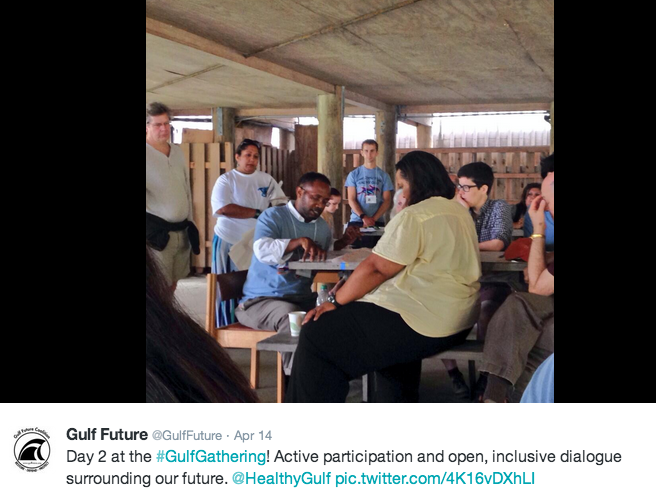
And we have recently started the second round of our Catalyst Initiative. The Catalyst Initiative is focused on building capacity and visibility for the individual artists and arts collectives currently doing civic practice work, as well as those interested in doing it. CPCP works to help these individuals and peer teams (who are not necessarily organized in institutional formats) develop advocacy and communication tools to build relationships with non-arts partners in their communities by articulating the value of what they are bringing to the table in clear cross sector fluent language.
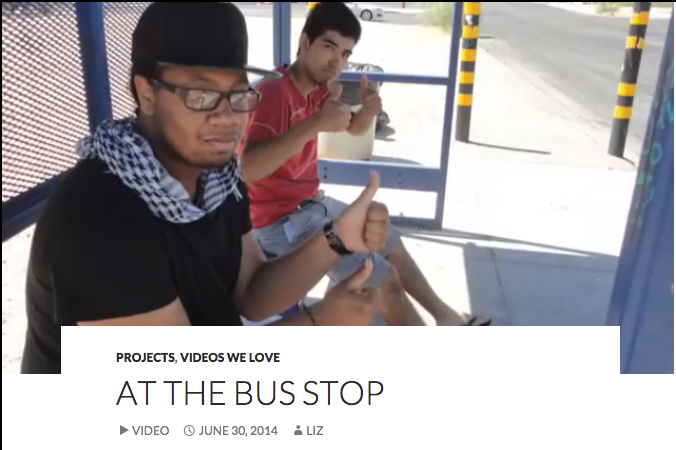
We are incredibly excited about the new Catalyst Round 2 cohort who represents diverse cross-disciplinary projects in diverse communities around the nation. The newly announced project teams for Catalyst Round 2 are:
- Anu Yadav and the Institute for Policy Studies, Washington, DC
- Patrick Mullins and LGBT Center of Hampton Roads, Norfolk, VA
- Rulan Tangen and the Flowering Tree Permaculture Institute, Fairview, NM
- Joan Lipkin and Magdalene St. Louis Inc., St. Louis, MO
- Yolanda Wisher and Historic Germantown, Philadelphia, PA
- Supercommunity and Elysian Valley Neighborhood Watch, Los Angeles, CA
- Mark Strandquist and the Legal Aid Justice Center, Richmond, VA
- Harold Steward and the Cottages at Hickory Crossing, Dallas, TX
Again, how do we clearly, succinctly tell the stories of this work? Here is a link to the new case studies from Catalyst Round 1 that are trying to do just this. Designed by Shannon Scrofano, based on documentation gathered by the project teams and research led by Arnie April and Animating Democracy’s Pam Korza and Barbara Schaffer Bacon, these five online magazine style pieces with internal web-based links are meant to be a tool for multiple fields and sectors and the project teams themselves. This is the beginning of a series of stories we at CPCP plan to tell about Civic Practice work that we hope offers clear, specific examples of practice, challenges, and questions for artists and community partners wanting to engage in field-wide conversation. Along with the five case studies is the Catalyst Initiative final report, which assesses the work’s impact in and on local communities, as well as our own work at CPCP. We learned a lot from, and alongside the Round 1 Catalyst cohort that has already impacted how we are approaching Catalyst Round 2.
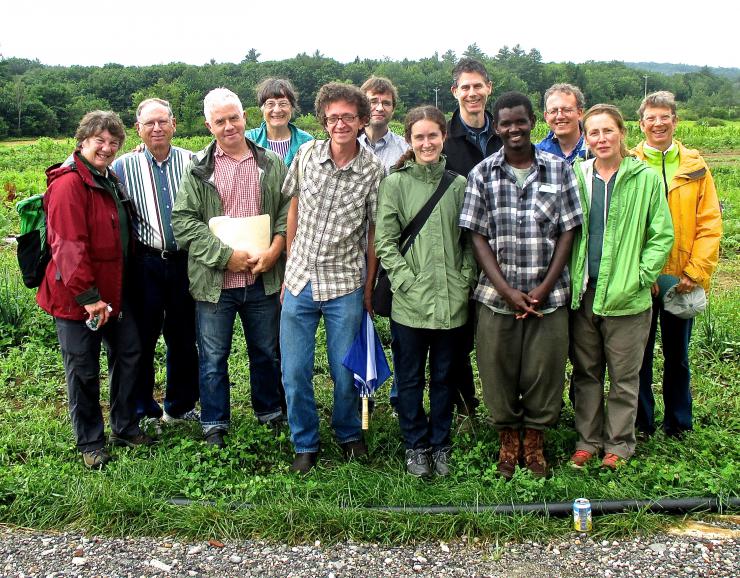
A final note of gratitude to our five Catalyst Round 1 project teams:
- Liz Burden, Les Pierce, and CoreBanC, Living Streets Alliance, and the Tucson Bus Riders Union, AZ
- Jennie Hahn, Stephanie Gilbert, and the Maine Department of Agriculture, Conservation and Forestry, ME
- Mark Kidd, Valerie Horn, and the Cowan County Community Action Group, KY
- Nick Slie, Mondo Bizarro, Jayeesha Dutta, and the Gulf Future Coalition, New Orleans, LA
- Nikiko Masumoto, Mary Kimball, and the Center for Land-Based Learning, CA
These teams worked with us patiently and generously as we learned alongside them how and what to collect amidst their complex, impactful practice, and how to help tell their stories. Please, if you have a moment, let us know if and how you find these formats and narratives useful amidst the work and thinking you do.

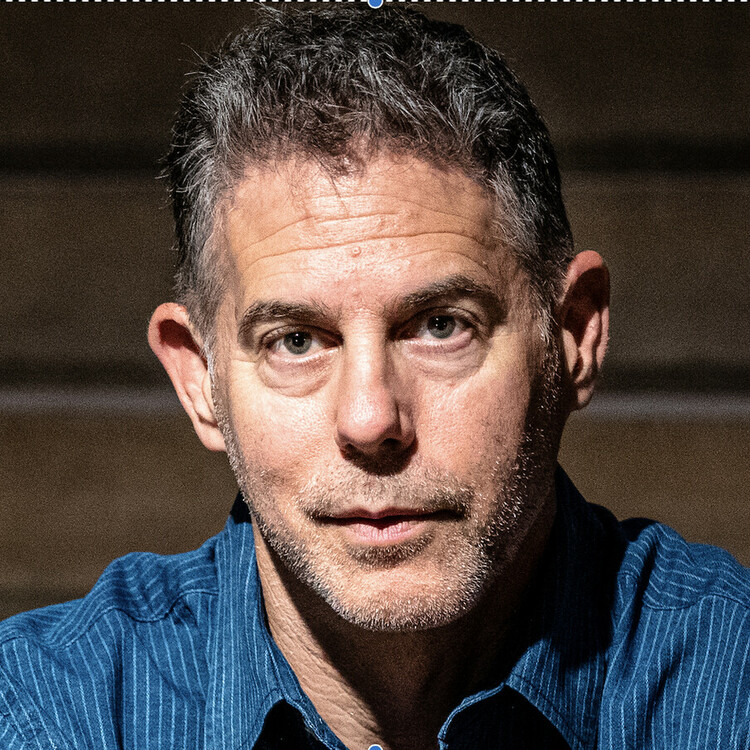
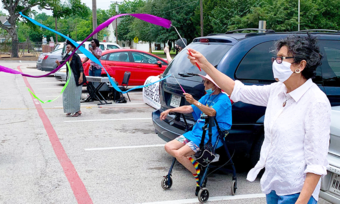

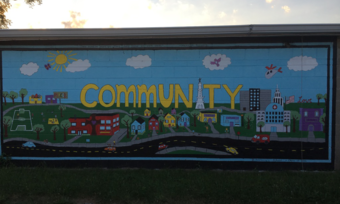

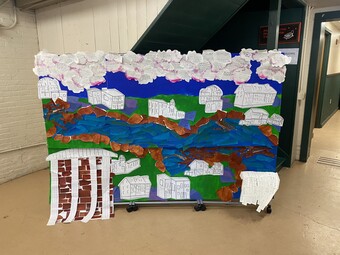

Comments
The article is just the start of the conversation—we want to know what you think about this subject, too! HowlRound is a space for knowledge-sharing, and we welcome spirited, thoughtful, and on-topic dialogue. Find our full comments policy here